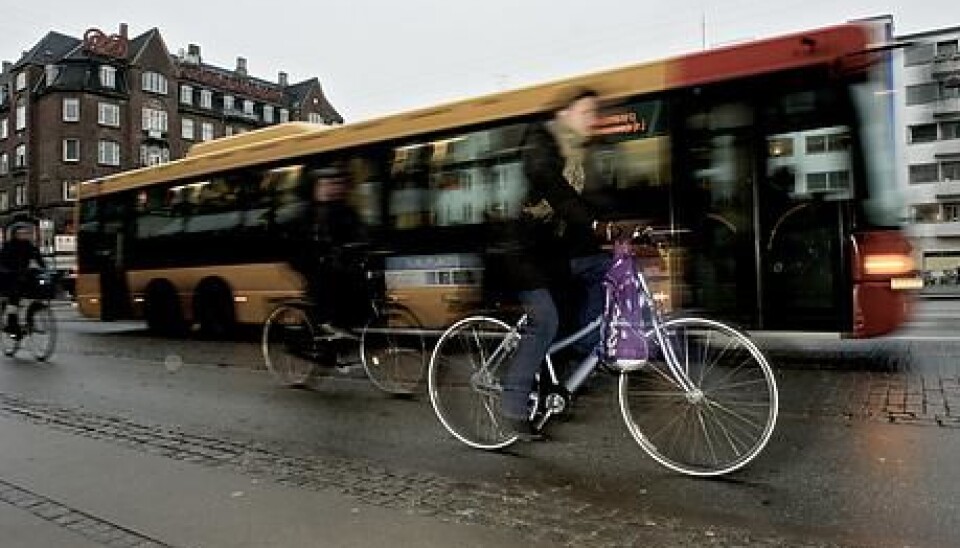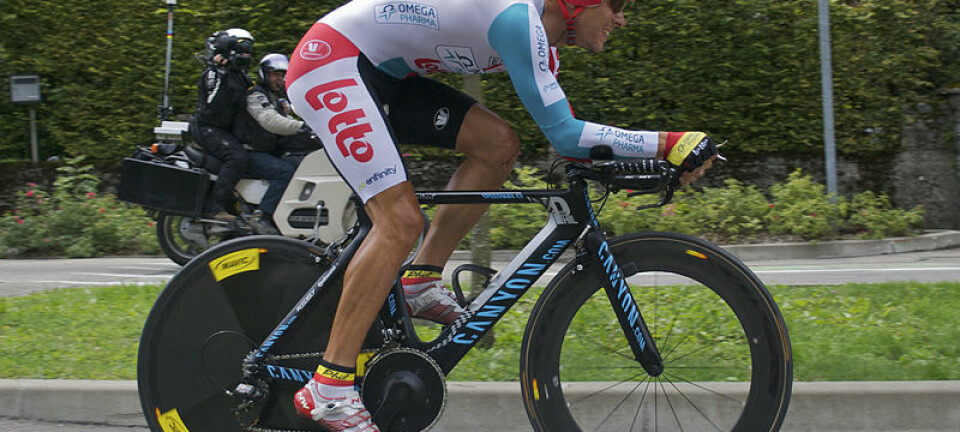
Fast cyclists live longer
It pays to pedal hard when cycling from A to B. Doing so can extend your life by up to five years, say researchers.
If you want to live longer you should ride faster when cycling to and from work. It's good for your health to feel your pulse when you get on your bike.
Just published at a conference of the European Society of Cardiology (ESC) in Paris, a new Danish study of cyclists in Copenhagen shows that the greater the intensity you exert when cycling, the greater your chance of living longer.
Live up to 5.3 years longer
The study shows that men who cycle with:
-
High intensity live 5.3 years longer than men who cycle with low intensity
- Medium intensity live an average of 2.9 years longer than men who cycle with low intensity
Similarly, the study shows that women who cycle with:
-
High intensity live 3.9 years longer than women who cycle with low intensity
- Medium intensity live 2.2 years longer than women who cycle with low intensity
Maybe exercise recommendations should be changed
According to specialist Peter Schnohr from Bispebjerg Hospital in Copenhagen, who headed the study, what constitutes intensive training is highly individual.
"Our group carried out a similar study a year ago on pedestrians. The results show that people also live longer if they go for walks at a pace that they themselves feel is at a high level of intensity," he says in a press release.
The current recommendation is that adults should exercise for 30 minutes a day, but perhaps this recommendation should be changed to exercising 30 minutes a day at high intensity, according to Schnohr.
Intense activity is good for the heart and blood pressure
There is certainly no doubt that people who cycle at high intensity not only live longer but can also look forward to a significantly reduced risk of developing cardiovascular diseases compared to those who cycle at a low intensity.
"It makes good sense to spend 30 minutes a day on physical activity; however, it is highly recommendable to train at high intensity at least twice a week," says Krustrup.
"A number of recent training studies have shown that physical activities like interval running and football have a markedly better effect on fitness ratings, cardiovascular function and blood pressure than activities of low or moderate intensity."
Read the article in Danish at videnskab.dk









